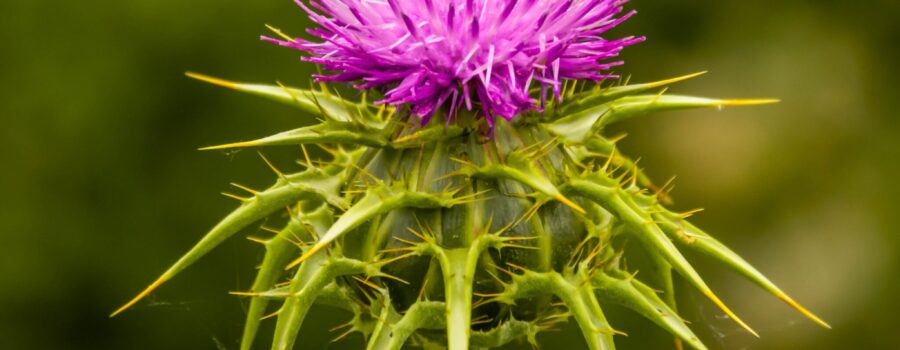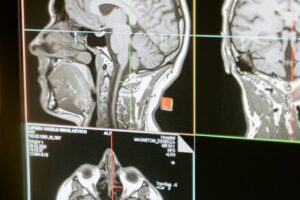Milk thistle is a plant with a long and storied history of medicinal use, dating back to ancient Greece and Rome. The plant is native to the Mediterranean region and has been used for centuries as a natural remedy for liver and gallbladder problems, as well as for its anti-inflammatory and antioxidant properties.
Today, milk thistle is widely available in supplement form and is commonly used as a natural treatment for liver diseases such as cirrhosis, hepatitis, and fatty liver disease. However, the plant is also easy to grow in a home garden and can be a valuable addition to any natural health regimen.
To grow milk thistle, start by selecting a sunny location with well-draining soil. Sow the seeds directly into the soil in the spring, after the last frost. The seeds can take up to two weeks to germinate, so be patient. Once the plants have sprouted, thin them out so that they are spaced about 2 feet apart.
Milk thistle plants can grow up to 6 feet tall, so make sure to provide them with adequate support, such as stakes or trellises. The plants produce beautiful purple flowers in the summer, which are not only visually appealing but also attract bees and other beneficial insects to the garden.
To harvest the seeds, wait until the flowers have dried up and turned brown. Cut the heads off the plants and place them in a paper bag. Hang the bag upside down in a cool, dry place for several weeks to allow the seeds to fully dry. Once the seeds are dry, remove them from the heads and store them in an airtight container.
When it comes to radiation exposure, milk thistle has been shown to have protective effects on the liver. The active ingredient in milk thistle, silymarin, is a powerful antioxidant and anti-inflammatory compound that can help to neutralize free radicals and reduce inflammation caused by radiation exposure. Studies have also suggested that silymarin can increase the production of glutathione, an important antioxidant that helps to protect cells from damage caused by radiation.
While milk thistle can be a valuable addition to a natural health regimen, it should not be considered a substitute for medical treatment or advice. Anyone who has been exposed to radiation should seek medical attention and follow the advice of their healthcare provider. Milk thistle supplements should also be taken with caution and under the guidance of a healthcare professional, as they may interact with certain medications or have potential side effects.




